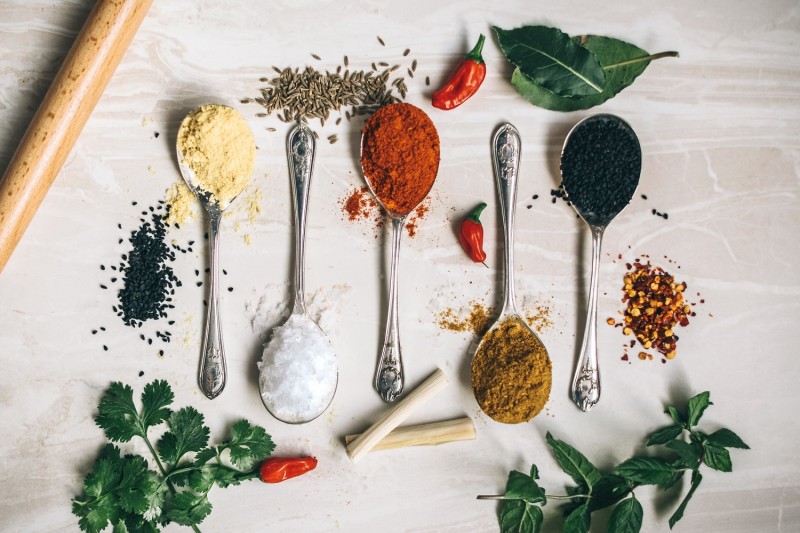
Whilst Western medicine can offer many treatments, herbal medicine is the ideal complementary therapy to consider when dealing with an addiction of any kind. Please read on for more information.
Herbal Medicine and Addiction
Herbal medicine employs the use of medicinal plants and herbs to treat addictions, to relieve its symptoms and to assist the individual in reaching an optimum state of health.
How Does Herbal Medicine Benefit Addiction Problems?
With most addictions, a person is left with decreased immunity, a shot nervous system and a badly damaged spirit. Herbal medicine aims to treat addictions by using herbs that:
- Holistically address the mind/body system
- Detoxify the body from the addictive substance (by using blood-cleansing herbs)
- Counteract the stress response and strengthen the adrenal glands
- Promote feelings of relaxation
- Reduce anxiety levels
- Promote good digestion and absorption
Herbs for Addiction
Whilst science has not yet proven that herbs can actually cure addictions, there are some herbs that contain beneficial properties that help you fight them. Some of these herbs include:
- Ashwagandha – Is an Ayurvedic herb with tonic, adaptogenic, sedative, anti-inflammatory, and anti-aging properties. It is ideal for treating a debilitated but overactive person. It also makes a person feel more grounded, helping to prevent relapse from addiction. It is especially effective in treating nervous exhaustion due to stress.
- Basil leaf - Acts as a nerve restorative, calming feelings of anxiety and depression.
- Dandelion root – Acts as a liver detoxifier and digestive stimulant.
- Danshen – Has been demonstrated in scientific studies to reduce alcohol cravings and intake, prevent alcohol absorption, inhibit certain drinking behaviors and prevent drinking relapses from occurring.
- Kava – Is a potent anti-anxiety herb, mild sedative, skeletal muscle relaxant, hypnotic, mild analgesic, and a local anesthetic to mucous membranes. Kava is safe and non-addictive so it is beneficial to addicts that suffer from anxiety, nervous tension, restlessness, sleeplessness, and depression.
- Kudzu – Consists of an antidipsotropic ingredient, Diadzin that causes a negative physical response when alcohol is consumed therefore diminishing the continued urge to drink. Science has also demonstrated Kudzu to reduce withdrawal symptoms as well actual alcohol intake.
- Lemon balm leaf – Reduces withdrawal symptoms by supporting the nervous system and uplifting the overall mood.
- Oatstraw herb – Acts as a nerve tonic and antidepressant. They nourish the nervous system, speed wound healing, and soothe irritated tissues. They calm a stressed nervous system and strengthen it from exhaustion or depression.
- Passionflower – Reduces withdrawal symptoms from nicotine, alcohol, marijuana, opiates, painkillers and associated sexual behaviors.
- Saint Johns Wort – Carries anti-depressant effects and reduces the addictive urge to drink and take prescriptive drugs such as Prozac and other anti-depressants.
- Skullcap herb – Regulates emotions, calms anxiety and enhances awareness of addictive behaviors. Skullcap is also a nerve restorative that reduces withdrawal symptoms such as panic, tremors and nightmares.
- Valerian – Is a herb from which Valium derives, valerian acts as a natural sedative, calming the nerves and allowing for detoxification to take place.
Caution
If you are interested in trying herbs to assist with your addiction recovery, please first speak with your doctor as some herbs may interact and inhibit the effectiveness of other medications you may be taking. Once you have been cleared for usage, please speak to a professional herbalist of TCM practitioner for more information on which herbs may best suit your needs.
Find out about other effective natural treatments for addiction.
|
Do you have a natural health & wellness business? |









